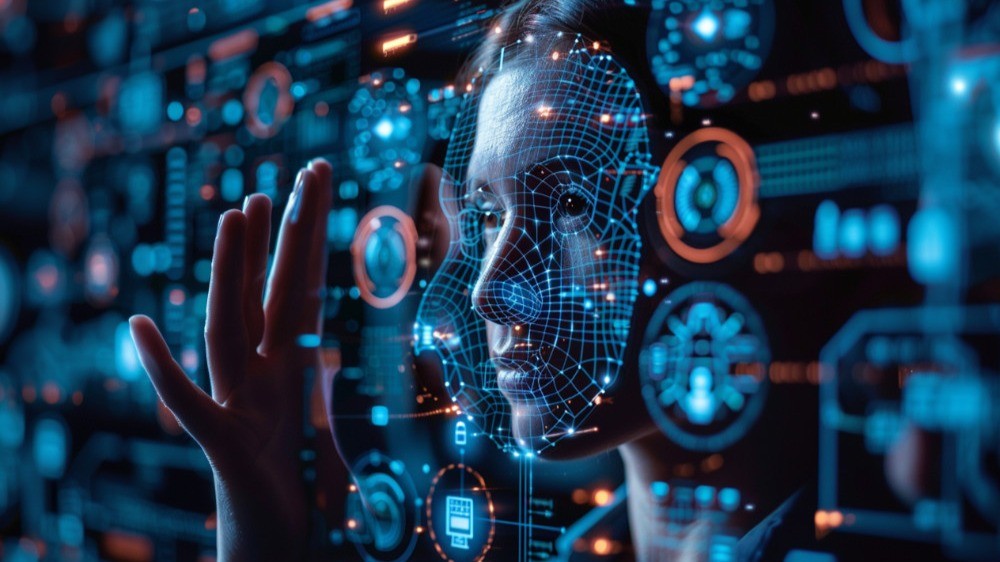Artificial Intelligence (AI) is revolutionizing digital marketing by automating tasks, analyzing vast amounts of data, and personalizing customer experiences. Businesses that leverage AI can optimize campaigns, improve engagement, and maximize conversions. This article explores key AI trends in digital marketing and the top tools that are driving this transformation.
The Role of AI in Digital Marketing
AI enables marketers to make data-driven decisions, predict consumer behavior, and create highly targeted campaigns. By automating repetitive tasks and optimizing content strategies, AI helps businesses improve efficiency and customer satisfaction.
AI Trends in Digital Marketing
1. Personalization at Scale
Modern consumers expect personalized experiences, and AI makes this possible at scale. AI-driven recommendation engines analyze customer behavior, preferences, and browsing history to deliver hyper-personalized content. Platforms like Netflix, Amazon, and Spotify use AI to suggest relevant products and content, enhancing user experience.
Benefits of AI Personalization:
- Increased engagement and conversion rates
- Improved customer retention
- Better user experience through tailored recommendations
2. AI-Powered Chatbots & Virtual Assistants
Chatbots powered by AI and Natural Language Processing (NLP) are transforming customer service by providing instant, accurate responses. AI chatbots are capable of understanding user intent, offering personalized suggestions, and handling inquiries 24/7.
Popular AI Chatbots:
- ChatGPT – AI-driven conversational tool for customer interactions
- Drift – Conversational AI for marketing and sales
- ManyChat – Messenger and Instagram chatbot for automation
3. Predictive Analytics & Data Insights
Predictive analytics uses AI to analyze historical data and forecast future consumer behavior. Businesses can use these insights to optimize marketing campaigns, personalize product offerings, and enhance customer segmentation.
How Predictive Analytics Benefits Marketers:
- Enhances ad targeting precision
- Identifies high-value leads and customers
- Improves customer retention strategies
Tools like Google Analytics 4 and HubSpot AI help marketers utilize predictive analytics to make data-driven decisions.
4. AI-Generated Content & Copywriting
AI-powered content generation tools have become increasingly sophisticated, helping marketers create blog posts, social media updates, and ad copies efficiently. While AI cannot fully replace human creativity, it significantly speeds up content creation and enhances SEO strategies.
Top AI Content Creation Tools:
- Jasper AI – Generates marketing copy, blog posts, and email content
- Copy.ai – AI-powered copywriting assistant for businesses
- Grammarly – AI-powered proofreading and content optimization tool
5. Programmatic Advertising
Programmatic advertising leverages AI to automate the buying and placement of ads, ensuring that advertisements reach the right audience at the right time. AI-driven bidding strategies help marketers achieve better ad performance and return on investment (ROI).
Leading Programmatic Advertising Platforms:
- Google Ads Smart Bidding – AI-powered automated ad bidding system
- The Trade Desk – AI-driven programmatic ad platform
- Adobe Advertising Cloud – AI-powered ad optimization tool
6. Voice Search & Conversational Marketing
With the increasing adoption of voice assistants like Alexa, Google Assistant, and Siri, optimizing for voice search is crucial. AI helps marketers refine their keyword strategies to align with conversational queries, improving search engine rankings and user engagement.
Best Practices for Voice Search Optimization:
- Use natural language and long-tail keywords
- Optimize content for featured snippets
- Improve website loading speed and mobile-friendliness
7. AI in Social Media Marketing
AI is reshaping social media marketing by analyzing engagement patterns, recommending content strategies, and automating social media management.
AI-Powered Social Media Tools:
- Hootsuite Insights – AI-driven social media analytics
- Lately AI – Automates social media post generation
- Sprout Social – AI-powered social listening and engagement tool
Top AI Tools for Digital Marketing
1. ChatGPT – AI-driven chatbot and content assistant for personalized user interactions.
2. Jasper AI – AI copywriting tool for blogs, ads, and email marketing.
3. Grammarly – AI-powered proofreading and content optimization tool.
4. HubSpot AI – Marketing automation and predictive analytics for customer insights.
5. Surfer SEO – AI-driven SEO optimization tool for content ranking.
6. Google Ads Smart Bidding – AI-powered automated ad bidding system.
7. ManyChat – AI chatbot tool for Facebook Messenger and Instagram.
8. Canva AI – AI-powered graphic design tool for social media and marketing materials.
9. MarketMuse – AI-powered content planning and SEO optimization tool.
10. Frase.io – AI-driven content research and writing assistant.

Challenges of AI in Digital Marketing
Despite its advantages, AI in digital marketing comes with challenges, such as:
- Data Privacy Concerns: AI relies on large datasets, raising privacy and security issues.
- High Implementation Costs: AI solutions can be expensive for small businesses.
- Dependence on Quality Data: AI effectiveness depends on accurate, high-quality data.
Future of AI in Digital Marketing
As AI technology advances, digital marketing will become more data-driven, personalized, and automated. Key future trends include:
- AI-driven Video Marketing: AI-generated videos for ads and storytelling.
- Augmented Reality (AR) Marketing: AI-powered AR experiences for product visualization.
- AI-powered Influencer Marketing: Identifying and analyzing influencer performance using AI.
Conclusion
AI is revolutionizing digital marketing by enabling automation, improving personalization, and enhancing data-driven decision-making. Businesses that adopt AI-powered marketing tools can gain a competitive edge, streamline operations, and boost conversions. As AI continues to evolve, staying ahead of emerging trends will be key to digital marketing success.
If you want to learn how to write engaging articles with AI, click here

